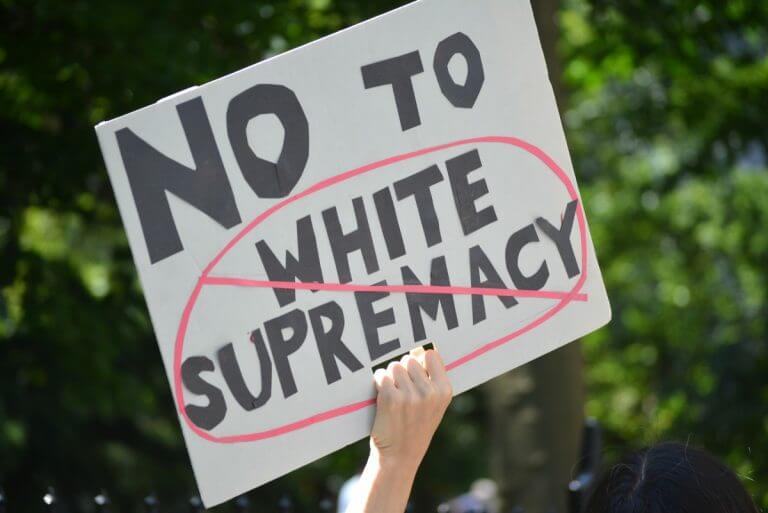
A study has found that teachers in the US are not teaching the raw truth about historic slavery and children are ignorant to how it plays into racial narratives today.
The study by Teaching Tolerance, a project of the Southern Poverty Law Center, concluded that only 8 percent of 12th-grade students could identify slavery as the cause of the Civil War, fewer than 32 percent correctly named the 13th Amendment as the formal end of US slavery, and just 46 percent identified the “Middle Passage” as the transport of enslaved Africans across the Atlantic Ocean to North America.
Teaching Tolerance conducted online surveys of 1,000 American high-school seniors and more than 1,700 social-studies teachers across the country.
Ninty percent of teachers said they felt comfortable discussing slavery with their classes, however just a little over half said they talk about the continued legacy of slavery in today’s society with students.
The study also analysed 15 states’ content standards, and 10 popular US history textbooks. It found that most states only required superficial-level teaching on the subject of slavery and textbooks downplayed brutality in favor of teaching the abolishment.
This presents children with a view of slavery that ignores the ideology of white supremacy, which is responsible for slavery and continues to be a narrative in the US today.
Ursula Wolfe-Rocca, a high-school history teacher in Oregon, US, told The Atlantic that students have common misconceptions about slavery including the belief that Abraham Lincoln freed the slaves, and that the Civil War was really about states’ rights.
She dispels these misguided beliefs by issuing primary sources including Lincoln’s first inaugural address, but still doubts that students are really connected with the atrocity of slavery.
“Kids walk into my class ‘knowing’ about slavery. But their recitation of this knowledge is dull, lifeless, and bored. It has the feel of something memorized [and] rote, rather than internalized and meaningful,” she said.
Wolfe-Ricco said as a white teacher she finds it difficult to give an unsanitized account of slavery without desensitizing her students, and worries that she is whitewashing history.
A lot of teachers resort to sharing inspirational stories of people escaping slavery or the abolition movement while smoothing over the traumatic everyday experience of those in slavery.
“I focus on the resistance factor more to avoid the children being scared by man’s humanity to man [sic]. I don’t want to steal any child’s innocence, though I want to make sure that the children know the real history of their country,” wrote one teacher, according to Huffington Post.
“If we don’t get the early history of our country right, we are unlikely to be equipped to do the heavy lifting necessary to bridge racial divides now and in the future,” the report says.
“It is a moral necessity if we are to move the country forward toward healing slavery’s persistent wounds.”







